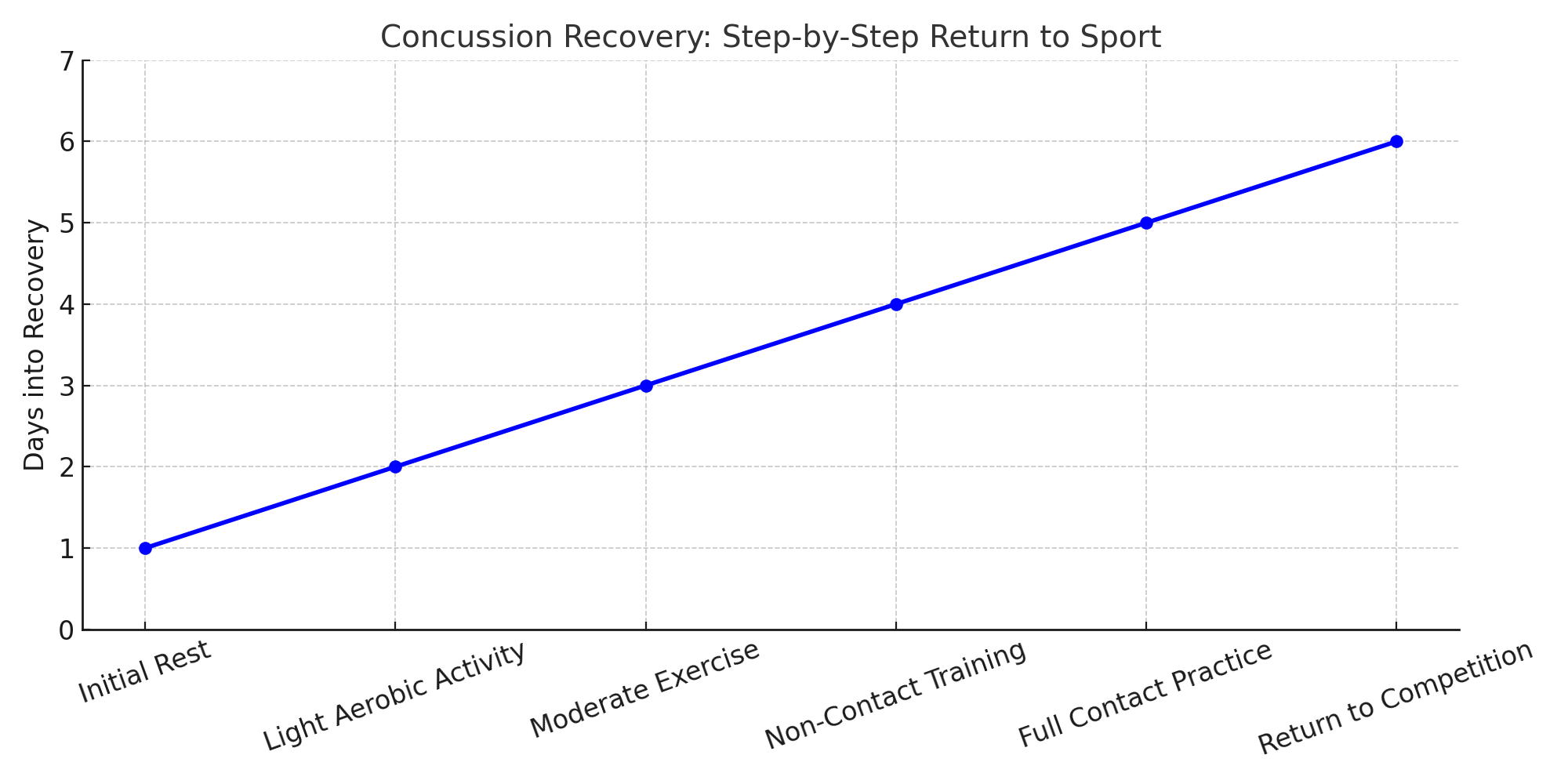
Concussions in Grappling: What Every Athlete Needs to Know
In the dynamic world of grappling, athletes often focus on physical strength and technique. However, there's an invisible opponent that can sideline even the most seasoned competitors: concussions. Like an unseen submission hold, concussions can sneak up and have lasting effects if not properly addressed.
Understanding Concussions in Grappling
A concussion is a type of traumatic brain injury caused by a bump, blow, or jolt to the head or body, leading to the brain moving rapidly within the skull. In grappling sports, the close-contact nature increases the risk of such injuries.
Common Causes in Grappling
- Accidental Head Clashes: During intense exchanges, it's not uncommon for athletes to unintentionally collide heads.
- Impact from Throws or Takedowns: Being thrown or taken down forcefully can result in the head hitting the mat or another hard surface.
- Sudden Directional Changes: Rapid movements can cause the brain to shift abruptly, leading to potential injury.
"Wrestling has the highest concussion rate of all college-level sports."
Recognizing the Signs: Symptoms of Concussions
Concussion symptoms can be subtle and may not appear immediately. It's crucial to monitor for both immediate and delayed signs.
Physical Symptoms
- Headache or a feeling of pressure in the head
- Nausea or vomiting
- Dizziness or balance problems
- Sensitivity to light or noise
Cognitive Symptoms
- Difficulty concentrating or remembering
- Feeling mentally "foggy"
- Confusion
Emotional Symptoms
- Irritability
- Sadness
- Anxiety
Sleep Disturbances
- Sleeping more or less than usual
- Trouble falling asleep
"An athlete should only be cleared to return to sport by a healthcare professional who is familiar with concussion and its many signs and symptoms."
The Road to Recovery: Steps to Take After a Concussion
Proper management of a concussion is vital to ensure full recovery and prevent further complications.
1. Immediate Action
If a concussion is suspected:
- Remove the athlete from play immediately.
- Seek evaluation by a healthcare professional experienced in concussions.
2. Rest and Monitor
Rest is crucial in the initial stages:
- Limit physical and cognitive activities.
- Monitor symptoms closely.
3. Gradual Return to Activity
Follow a stepwise approach:
- Begin with light aerobic exercises.
- Gradually increase intensity if no symptoms return.
- Only proceed to contact training once cleared by a medical professional.
Step-by-Step Concussion Recovery

This chart outlines a conservative 6-step progression from injury to return-to-play, based on CDC and concussion research guidelines.
FAQs About Concussions in Grappling
1. Can you have a concussion without losing consciousness?
Yes. Most concussions do not involve loss of consciousness. Symptoms can still be serious and need attention.
2. How long does recovery usually take?
Most athletes recover within 7–10 days, but it can take longer depending on severity and individual factors.
3. Should I wear headgear to prevent concussions?
While headgear may reduce impact from direct blows, it doesn't necessarily prevent concussions caused by rapid movement or whiplash effects.
Action Steps for Athletes & Coaches
- Recognize: Educate yourself and others on the signs and risks of concussions.
- Respond: If an injury is suspected, remove the athlete from play and seek professional evaluation.
- Rest: Prioritize both physical and cognitive rest in the first 48 hours.
- Reassess: Maintain regular check-ins with a medical provider throughout the recovery process.
- Return Cautiously: Follow a stepwise return-to-play plan approved by a healthcare professional.
- Reinforce Safety: Encourage a team culture that values health over bravado or “toughing it out.”
Conclusion: Be Proactive, Not Just Reactive
Concussions may not always leave a visible mark, but their impact can echo long after the match ends. For grapplers, coaches, and even parents, awareness is the first line of defense. Know the signs, take action quickly, and never rush recovery. The mat will always be there—your health should be too.
Your brain is your best asset—treat it with the care it deserves.
💬 Join the Conversation!
Have you or someone you know dealt with a concussion in grappling? What helped the most during recovery? Drop a comment below or share this article with your team—because when one of us gets smarter, we all get safer.




